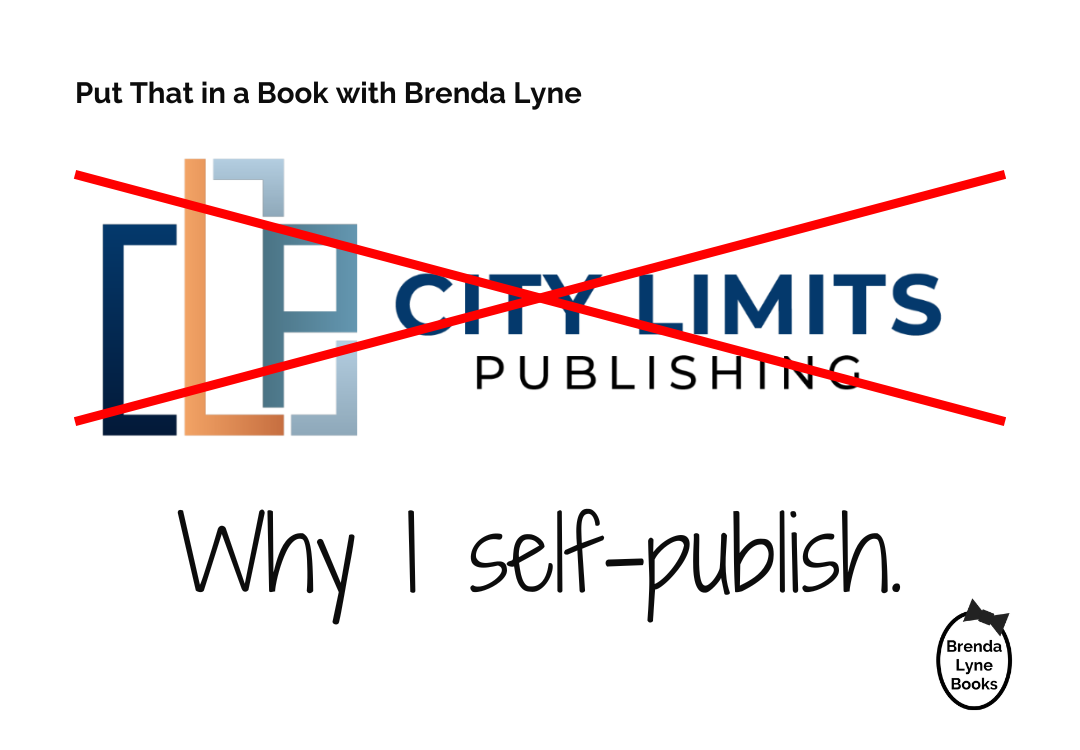
Why I self-publish
Share
He that deceives me once, its his fault; but if twice, its my fault. ~The Court and Character of King James, Anthony Weldon, 1651
Self-publishing wasn’t my original plan. As I put the finishing touches on Charlie's Mirror, my debut novel, I knew I wanted to publish traditionally so I could focus on the writing and let someone else with publishing chops handle everything else. Sounds easy, right?
Yeah, not so much.
The querying process was really hard for me. After north of 70 rejections for Charlie's Mirror, I was just about to throw in the towel when a small publisher expressed interest during PitMad in the fall of 2019. I submitted, and promptly received a proposal to publish. I read the contract thoroughly, did what I thought was some pretty good due diligence, and, seeing no real red flags, jumped at the chance.
It was a literal dream come true: my book was going to be published! For anyone to buy and read! Holy crap!
What I didn’t learn until much later is that thanks to the technology available these days, literally anyone can publish books and call themselves a publisher. Even if they don’t have a day’s worth of experience in the industry or any real business knowledge. Even if they have a history of starting businesses, pocketing every cent he could get his hands on, and leaving partners, associates, and customers holding the bag.
Let me introduce you to one such person: Robert “Robby” Coles, also known as Robert K. Martin, of Nashville, TN
Robert was the owner and proprietor of now-defunct City Limits Publishing — the shop that I signed with to bring Charlie's Mirror — my debut novel, my labor of love — to the masses. I could not have been more excited. CLP was new to the scene, and I had high hopes for them; I reasoned that they would be hungry to prove themselves, maybe willing to innovate and take a bit more risk, and I could only benefit.
The excitement didn’t last long. I’m a publishing novice, but I’ve been plotting and planning my author journey long enough to have a pretty good idea of how the industry works. For example, it typically takes at least a year for a traditional publisher to bring a novel to market. Robert told me he could do it in three months.
That was the first red flag. But I went along with it because my book was gonna be published!
I tried to keep a positive outlook as Charlie wound through the process, but I began to notice other troubling things: Robert was not very good at delivering on his promises and always had an excuse when confronted. The interior formatting of my book was unconventional at best, with giant spaces between paragraphs. The cover concepts he gave me were utterly inappropriate for the book’s genre, like this beaut here:

Does that look like it belongs on a time travel mystery involving a mirror and a bombing? No, I didn’t think so either. I don’t blame the artist for this one…I blame the guy giving direction who didn’t bother reading the book.
Don’t even get me started on editing. It took forever, and the feedback I received was minimal and looked more like a basic proofread than a down & dirty edit. I expected developmental feedback having to do some rewrites, like what happens with traditional publishers. Nope. Nothing. I reasoned this was because it was just so darn well-written.
All the while, with every question and concern I raised, Robert went to great lengths to make me feel like I was being difficult and uncooperative, impatient, trying to control his process.
It worked, because that book was my life’s work and I didn’t want to jeopardize its publication. He was more than happy to use that to manipulate me.
After Charlie hit the market with basically no fanfare in December 2020, the fulfillment problems began. And they were HUGE. Printing delays, shipping delays — it was a nightmare. People who ordered a copy of Charlie direct from CLP waited three to four months or more to receive their book. At first Robert blamed COVID and the USPS’ troubles over the holiday season. Then he just blamed USPS. And, if challenged by me or by my readers, he lashed out in anger. I’m still horrified by the way he spoke to paying customers.
By March, sales reports were coming late. Shortly after that, royalty payments stopped coming. Robert and I were in a constant state of conflict. I was beginning to realize that this arrangement was not working for me, and his efforts to isolate me and make me feel like I was his only problem author no longer worked.
In April, after yet another epic fight, he offered me the chance to get out of my contract. I think he was shocked when I took him up on his offer and terminated my contract for Charlie, and also for Sister Lost (he was going to publish that one too).
After that I needed to know if I truly was the only problem child on Robert’s rapidly growing author roster (in those seven months, he brought on nearly 40 authors. Yet another red flag). I began reaching out to fellow CLP authors, and before I knew it, I had surrounded myself with a couple dozen other authors who had endured the same abuse that I had. One by one they terminated their contracts with him. Desperate to stop him exploiting our work for his own personal gain, we approached Victoria Strauss of the industry blog Writer Beware. She published our story in June. Three weeks later his entire staff quit after not being paid for MONTHS. Three weeks after that CLP was out of business and Robert disappeared.
Now many of us are on our own paths, having decided to give this independent publishing thing a go. I've discovered that I enjoy having complete creative control over my work, and as a marketer in my professional life, I enjoy the challenge of building my base and my brand.
Other CLP victims are still trying to find their best path forward, but I have no doubt they’ll get there. None of us is inclined to let one mistake — signing on with a con/cheat/pathological liar to publish our life’s work — keep us down. We are authors, damn it…and we have stories to tell!
